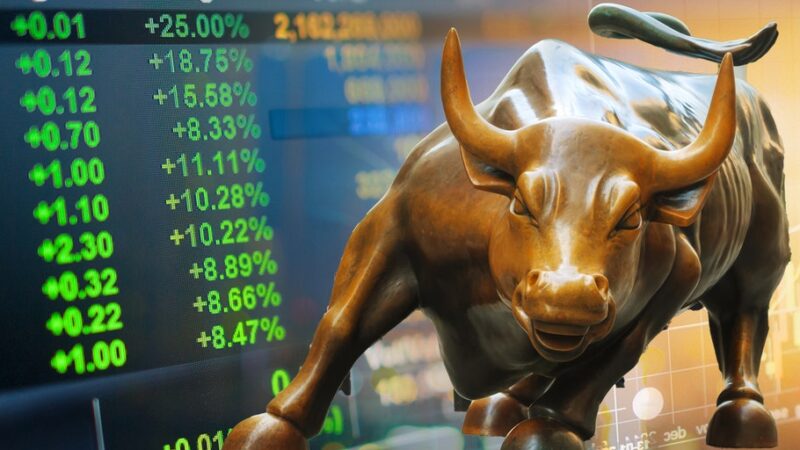Navigating the Forex Market: Understanding Key Regulations and Their Impact

The constant and robust nature of Singapore’s financial sector—which is renowned for its stability and success—is partially attributable to the extensive regulatory framework that the nation has in place. It is highly recommended that all forex trading market traders, be they experienced pros or inexperienced beginners, become acquainted with the rules that control this industry. Anyone who wishes to engage in the foreign exchange market more deeply has to have a firm grasp of these regulations.
The Monetary Authority of Singapore (MAS) is in charge of overseeing foreign exchange trade in Singapore at the national level as opposed to a fragmented structure of regional agencies. The foreign currency market as a whole is ensured to follow uniform and equitable procedures by adopting a single regulatory approach. This could seem scary to individuals who are just starting out, but in reality, it makes compliance easier and fosters a standardized trading environment.
Setting and enforcing regulations for brokerage houses and dealers in the foreign exchange market is a crucial responsibility of the MAS. It is in charge of upholding compliance and industry integrity. To make sure brokerage activities follow governance and regulatory standards, the MAS keeps a careful eye on them. Even though traders might not deal with MAS directly, knowing its rules is essential to fully comprehending Singapore’s currency market.
The significant capital requirement placed on brokers is one of the most important MAS regulations that traders need to be aware of. Maintaining a substantial currency reserve is crucial for a Singaporean forex broker in order to mitigate market volatility and preserve traders’ assets.
In forex trading, leverage is likewise regulated by MAS. In comparison to many other nations, Singapore has more stringent regulations on leverage, with distinct thresholds established for distinct currency pairs. This methodical strategy seeks to shield new traders in particular against undue risk.
The policies governing MAS also prioritize pricing transparency. It is mandatory for all FX brokers regulated by MAS to provide transparent pricing options without any additional costs. This guarantees that traders comprehend transaction costs clearly, enabling them to make more intelligent trading decisions.
Singapore’s forex market is solely governed by MAS, in contrast to many other nations that have a combination of regional and federal regulatory frameworks. In addition to providing traders with a uniform and transparent set of guidelines, centralization also helps to create a safe and well-regulated trading environment.
Apart from its regulatory oversight, Singapore is also committed to safeguarding traders. A further degree of safety for traders’ funds is provided by the Capital Markets Services License Holder safety Fund (CMSLHPF), to which certain brokers in Singapore are members. Furthermore, in the event that a forex broker goes insolvent, the CMSLHPF offers insurance up to a certain limit, providing stability to otherwise chaotic circumstances.
The presence of a combination of extra safety precautions and national regulation makes the foreign exchange market in Singapore a safe place for dealers. Traders who are familiar with the Monetary Authority of Singapore (MAS) and its regulatory framework will have the confidence to negotiate Singapore’s enormous forex opportunities. Singapore stands out as a beacon of stability and security amidst the erratic swings that define the world’s currency markets. Any trader, regardless of experience level, must understand this regulatory framework in order to succeed in the forex market.
In addition, the Singaporean forex trading market stands out internationally due to its emphasis on moral trading methods. Strict adherence to moral standards is required by the MAS in an effort to stop fraud and maintain market integrity. By emphasizing ethical trading, Singapore improves its standing as a trustworthy and open financial center while simultaneously safeguarding investors. For traders, this entails working in a setting that values integrity and fairness, creating an even playing field for all players. In the frequently turbulent and complex world of foreign exchange trading, trust and confidence among traders are critical, and this can only be fostered by strict ethical standards.






